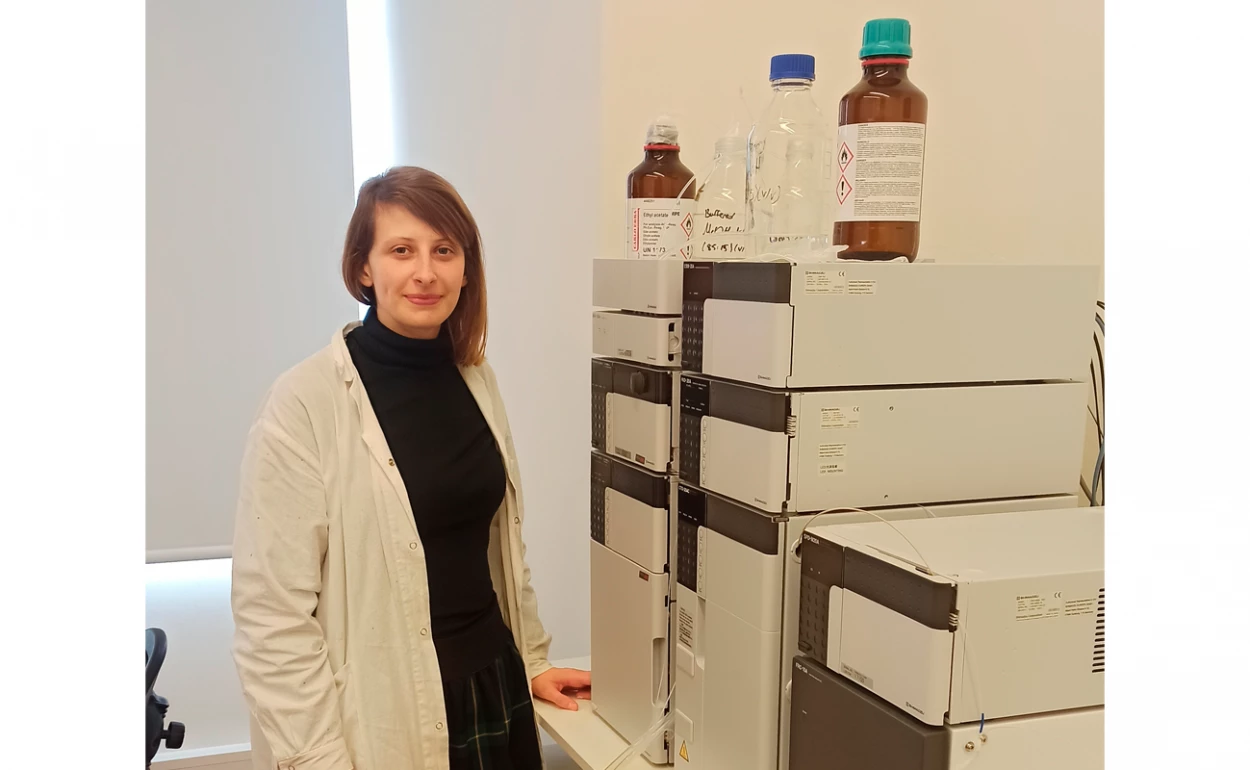University of Coimbra studies the use of microalgae for wastewater treatment and biofuel production
The ultimate goal of this research is to determine the optimal use of surplus biomass generated from algae wastewater treatment processes, thereby promoting a circular waste management model.
The Department of Life Sciences (DCV) of the Faculty of Science and Technology of the University of Coimbra (FCTUC), in collaboration with the UC Algae Collection (ACOI), is conducting a study on the application of microalgae for the treatment of wastewater treatment plant (WWTP) effluents and the production of biofuels.
The project "Application of Microalgal and Fungal Biomass for the Treatment of Anaerobic Digestion Effluents and Production of Third-Generation Biofuels", is led by Ewelina Sobolewska, a PhD student at the Lodz University of Technology in Poland, who completed the final part of her studies in Coimbra.
Ewelina Sobolewska states that the ultimate goal of this research is to determine the optimal use of surplus biomass generated from algae wastewater treatment processes, thereby promoting a circular waste management model. The potential applications for this material are numerous, ranging from biofuel production to the synthesis of compounds applicable in cosmetics, medicine, and other fields.
DCV researchers Leonel Pereira and Nuno Mesquita Elwina's supervisors during her Erasmus stay at the UC, after which she will complete her doctoral studies in Poland.
The FCTUC researchers will continue to work on this research in Coimbra as part of the ANOXYOILS project. This project is funded by the Foundation for Science and Technology (FCT) and developed in collaboration with the Plants4Health group, led by Célia Cabral, a researcher at the UC Faculty of Medicine (FMUC).

